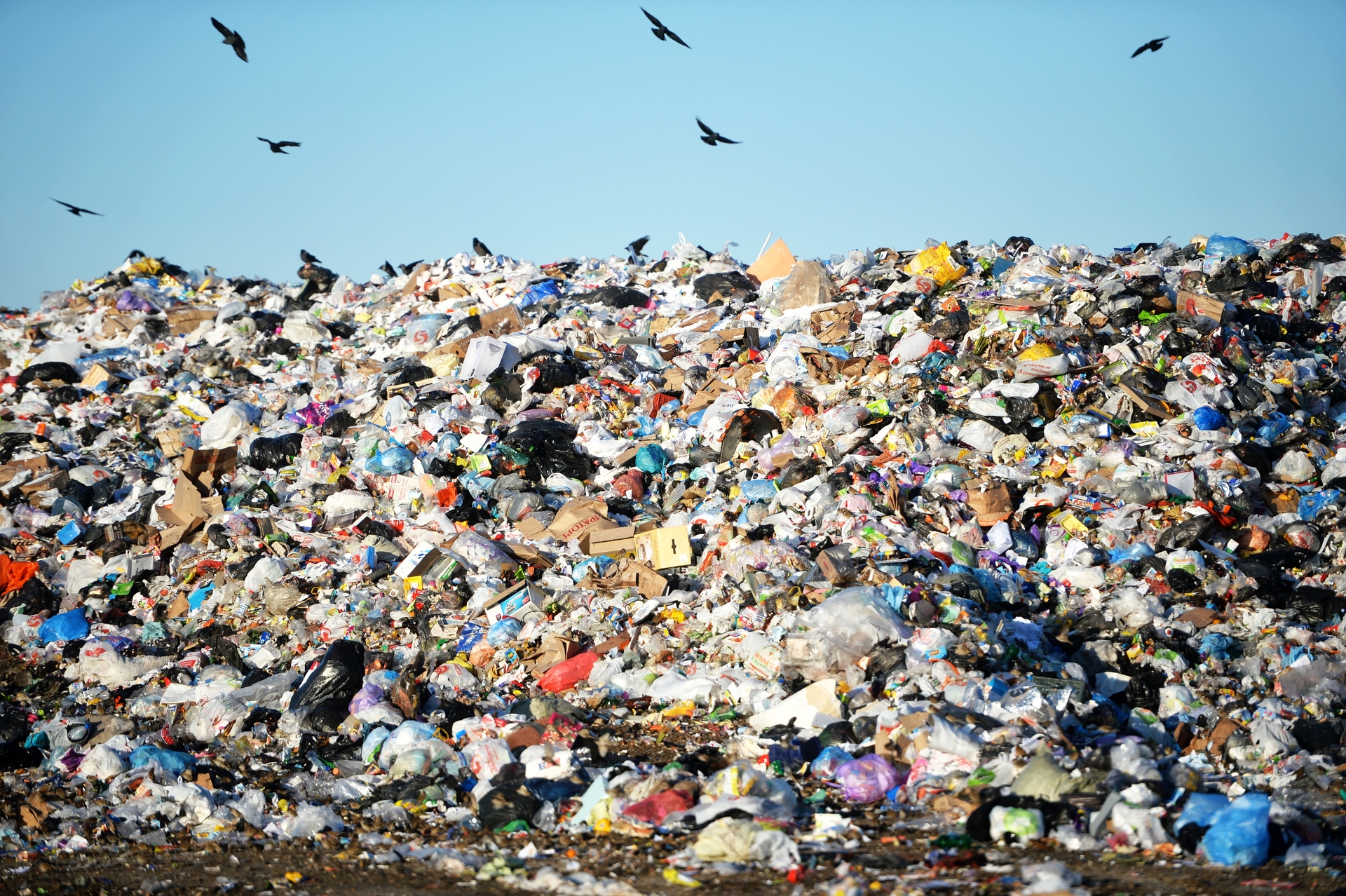The Ministry of Natural Resources sent a proposal to the Ministry of Industry and Trade to ban the use of certain disposable types of packaging and goods in Russia.
This was announced on the air of the Russia 24 TV channel by the head of the ministry, Alexander Kozlov.
The minister specified that there is "a certain nomenclature" that is "difficult to recover or not processed at all."
He stressed that such items need to be replaced with something that can be easily recycled and disposed of.
We are talking about such things as, for example, cocktail tubes, said Kozlov.
“We have compiled a list of about 28 nomenclatures, which, in our opinion, can be replaced with something that can be recycled, and not create things that cause problems today.
We gave it to our colleagues at the Ministry of Industry and Trade to discuss this with our industry.
We are waiting for a feedback, what we will do about this, ”he said.
The head of the department clarified that the Ministry of Natural Resources intends to abandon this group of goods in a few years.
According to TASS with reference to the press service of the department, the list of goods and packaging recommended for a ban in the country includes: disposable plastic tubes, plates, glasses, cutlery, glass lids, coffee capsules, cotton swabs, opaque and colored bottles made of PET (thermoplastic polyester), boxes and packs for tobacco products, blister packaging (except for medicines), packaging for chicken and quail eggs, several types of bags: doypack, flowpack, in the form of a jug, sachet bag, mesh bag for vegetables and fruit.
The ministry clarified that the ban on these types of goods can be introduced only after the production of replacement products has been established.
The head of the Ministry of Natural Resources also said that the department has prepared amendments to the laws regulating waste management, in accordance with which it will be prohibited to mix separately collected waste when loading into a garbage truck and their further transportation.
The department also intends to submit to the State Duma a bill providing for a reduction in the volume of waste disposal at landfills.
“It is advisable to make sure that the minimum amount of garbage is buried, and the part that can be recycled is recycled,” Kozlov explained.
RIA News
© Pavel Lisitsyn
Deputy Chairman of the State Duma Committee on Economic Policy, Industry, Innovative Development and Entrepreneurship Vladimir Gutenyov, in a conversation with RT, positively assessed the initiative, noting that the environmental situation in the regions of Russia is "very tense".
“I think that goals should be set big and it’s not even scary that we will not be able to grasp them right away.
As for the prohibition of certain goods, such as disposable plastic dishes, some types of packaging, then, of course, a clear understanding is needed that the proposed solutions to problems are not always newfangled and in a green trend, ”he said.
As an example, the deputy cited the situation in Western countries, where often plastic packaging began to be replaced by paper, but with a plastic frame.
Formally, Gutenev explained, it looks like cardboard, but the plastic frame components practically negate the possibility of recycling and recycling, both separately of paper and separately of plastic: "it is virtually impossible to separate them."
“Solving the problems that have accumulated, it is necessary, in my opinion, to do the main emphasis on increasing the effective work of regional operators, improving territorial waste disposal schemes, and of course, in every possible way to increase the degree of waste recycling, involving metals, cardboard, iron in the secondary turnover. plastic ... And in this a number of regions have been very, very successful, especially those that deepen recycling.
This reduces the size of landfills and generates additional income from the use of secondary raw materials, ”he said.
Recall that in July 2020, President Vladimir Putin signed a decree on the national development goals of Russia for the period up to 2030.
The head of state, in particular, instructed to ensure the sorting of 100% of household waste by 2030 and halve the volume of waste sent to landfills.

